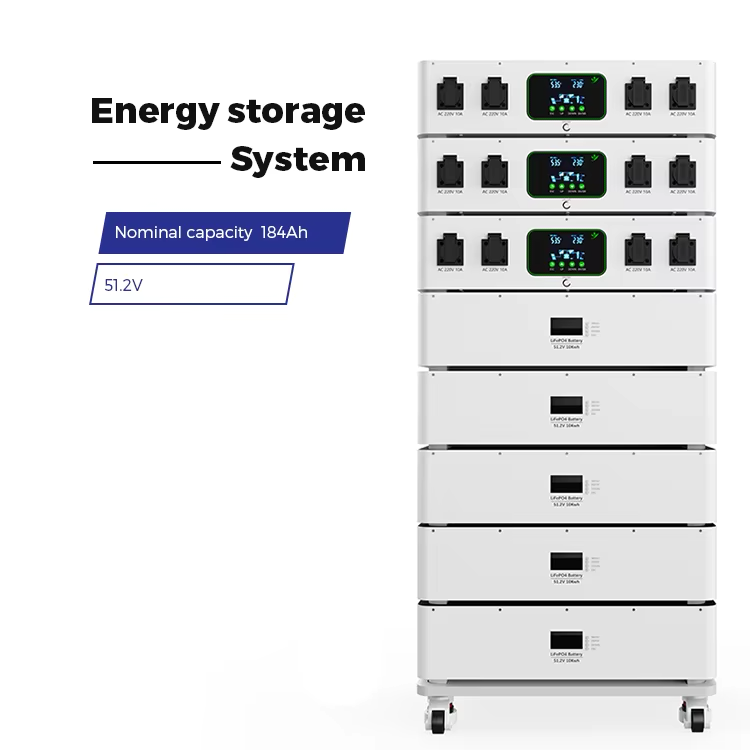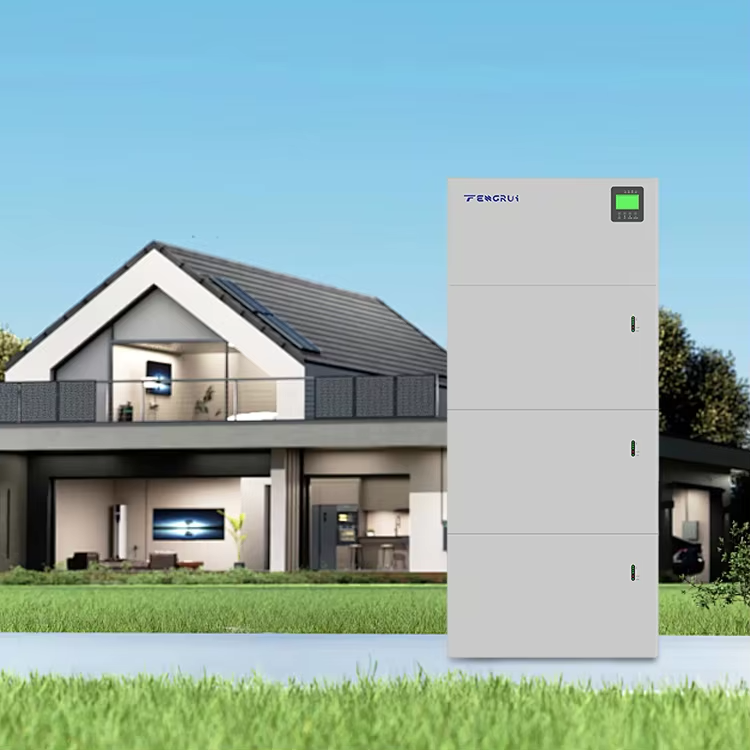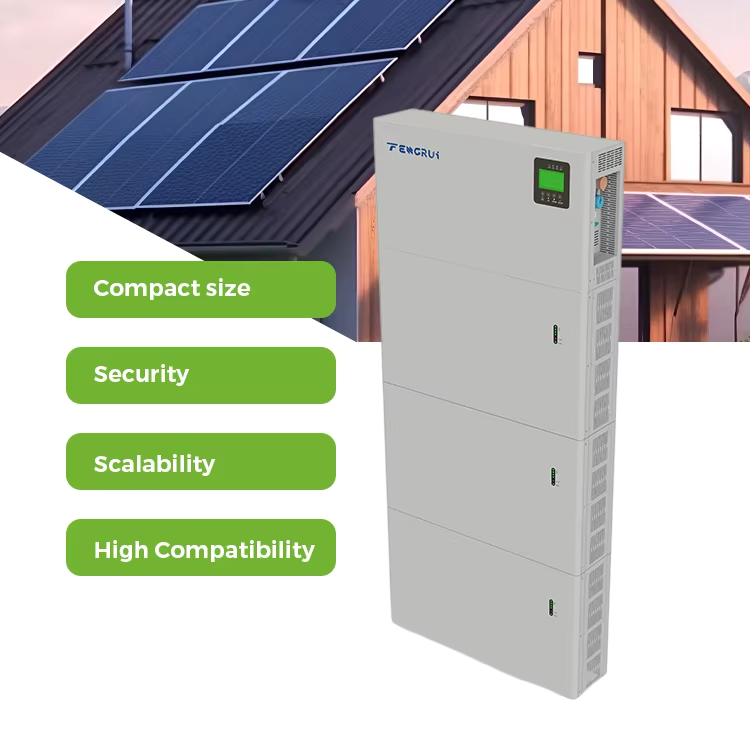commercial and industrial energy storage
Commercial and industrial energy storage represents a cutting-edge solution for managing power consumption and distribution in business environments. These systems utilize advanced battery technology, sophisticated power electronics, and intelligent control systems to store excess energy during low-demand periods and release it when needed. The primary function involves capturing electricity from various sources, including the grid, solar panels, or wind turbines, and storing it in high-capacity batteries for later use. These systems typically employ lithium-ion batteries, flow batteries, or other emerging storage technologies, offering scalable solutions from hundreds of kilowatts to several megawatts. The applications span across manufacturing facilities, data centers, retail complexes, and industrial parks, where they serve multiple purposes including peak shaving, demand response, and backup power supply. The systems incorporate advanced monitoring and management software that enables real-time optimization of energy usage, predictive maintenance, and seamless integration with existing building management systems. They can respond to grid signals within milliseconds, providing essential grid services while maintaining power quality and reliability for the facility.


